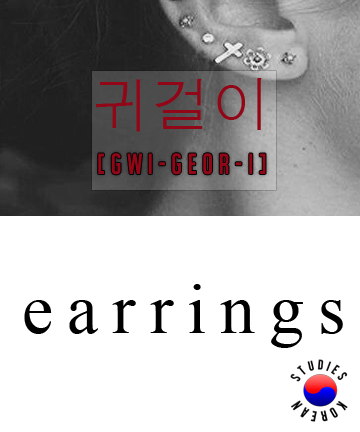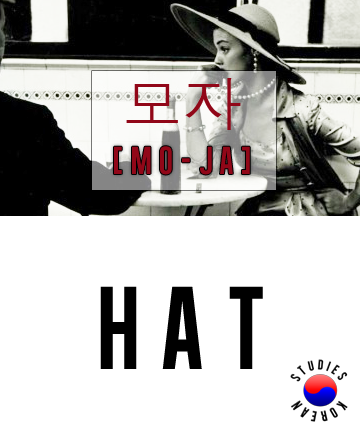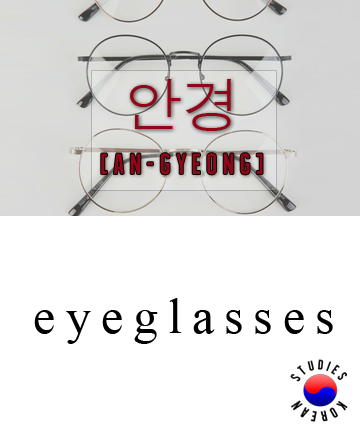 Master's Sun ( 주군의 태양 ) is a South Korean Drama/TV show about a woman named Tae Gong-shil, who can see and communicate with ghosts or 귀신 (Kui-Shin). She meets a man named Joo Joong-Won, who eventually hires her to deal with the spirits that float around and in his place of business, and when she touches him --doesn't matter if it's something as simple as a finger poke-- all the ghosts around her immediately disappear. But when they part, The Dead reappear.
Master's Sun ( 주군의 태양 ) is a South Korean Drama/TV show about a woman named Tae Gong-shil, who can see and communicate with ghosts or 귀신 (Kui-Shin). She meets a man named Joo Joong-Won, who eventually hires her to deal with the spirits that float around and in his place of business, and when she touches him --doesn't matter if it's something as simple as a finger poke-- all the ghosts around her immediately disappear. But when they part, The Dead reappear.I honestly wasn't expecting much going into it because the K-dramas I have watched have really been hit-or-miss for me. Usually, the original plot is great, but it just kind of fizzles out and I just skip ahead to the last few episodes. I started watching this drama because I felt I needed something that would not only help me with my Korean, but also help to get me into the Halloween spirit (which was around the time I started watching it), and was just so pleasantly surprised by the quality. It was dramatic, but not overly so. It was humorous without being forced. And character development. Character development. Character development. I liked everything all the way down to the music. Great show. You should watch it if you enjoy Asian dramas. The End.
Anyway, back to the main point. I've never actually been able to learn any part of this language, or any language, with traditional academic methods or in a traditional academic environment. And by that I mean, It's harder for me to see Korean as something that needs to put together like a math expression, but instead more like a puzzle that gets easier to solve as you go along. I'm not too great at explaining exactly what I mean by this. Maybe I should just say that my brain sees Korean as synonyms and not a cacophony of unknown words. So when I sat down to watch this drama--or any K-drama, really--I pulled out my Korean Illustrated Dictionary & my Berlitz Korean Concise Dictionary (and Google Translate on the occasion), and when a word that I hadn't previously known or something familiar that tickled at the back of my brain, I looked it up, wrote it down, and kept the journal & pen nearby.
 |
| McGraw Hill's Korean Illustrated Dictionary |
Here are a few I picked up from 주군의 태양 :
- 태양 (Tae-Yang) - Sun.
- 해 (Hae) - also means Sun. Can also mean Sunlight, Daytime, Year.
- 귀신 (G/Kui-Shin) - an angry ghost or poltergeist/grudge type of paranormal entity
- 유령 (Yu-Ryeong) - Ghost, Normal paranormal/supernatural entity.
- 비서 (Bi-Seo) [-님 nim] - Secretary
- 사장 (Sa-Jang) [-님 nim] - CEO/Company President/Boss
This isn't the only study method I use (so don't go thinking that!) that even though I'd like nothing more than to learn an entire language by watching movies and televisions shows, it's just not possible. I guess I could say that it can help to cover a small section of your language learning. What's a study method that you use that might be considered non-traditional learning method? What works for you?
- XO, Sierra
P.S. Korean Entertainment recommendations are always welcome!




